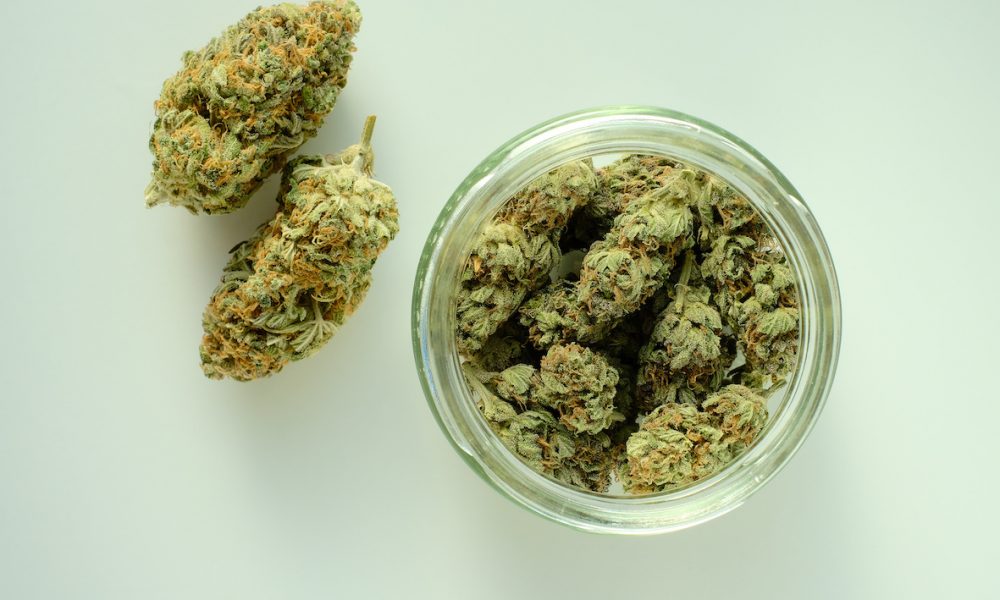- WHAT IS THE FUNCTION OF ENDOCANNABINOIDS?
Endocannabinoids are part of the body’s natural system that helps regulate various functions in the central nervous system. This system is known as the endocannabinoid system (ECS). It plays a crucial role in keeping the body balanced and maintaining things like mood, sleep, and pain. The chemicals in cannabis, such as THC, interact with the ECS, which is why people experience effects from marijuana. This system was discovered through research on marijuana’s effects, helping scientists understand more about how the body maintains balance or homeostasis. Visit here https://twdshop.co/product-category/weed-delivery-areas-in-toronto/vaughan-weed-delivery-same-day/
- WHAT IS MARIJUANA?
Marijuana, also called weed or pot, comes from the cannabis plant. It contains THC, a chemical that causes psychoactive or “high” effects when consumed. People use marijuana in different ways, such as smoking it in a joint, using a pipe or bong, or adding it to food. Some also brew it as tea. Marijuana is one of the most commonly used drugs in the United States, with nearly 12 million young adults using it in 2018 alone.
- HOW LONG DOES MARIJUANA STAY DETECTABLE?
Drug tests can detect marijuana for different lengths of time depending on the type of test:
- Saliva test: Marijuana can be found in saliva for up to 34-48 hours after use.
- Urine test: Occasional users test positive for 1-3 days, moderate users for up to 7-21 days, and heavy users for a month or more.
- Hair test: Marijuana can be detected in hair for up to 90 days.
- Blood test: It is visible in the blood for up to 36 hours after use.
- HOW TO REMOVE MARIJUANA FROM THE BODY FASTER?
The most effective way to clear marijuana from your body is to stop using it, a process known as detox. When detoxing, some people experience withdrawal symptoms such as headaches, irritability, depression, anxiety, trouble sleeping, and loss of appetite. Detox can be done naturally by following a healthy diet, drinking lots of water, exercising regularly, and avoiding caffeine. There are also detox kits, pills, and drinks available, but detoxing under medical supervision is recommended to avoid complications and relapses.
- EFFECTS OF MARIJUANA ON THE BODY AND BRAIN
When a person smokes marijuana, THC quickly enters the bloodstream and travels to the brain. The effects are usually felt within 30 minutes to an hour. Marijuana affects the brain in several ways:
- Changes in senses and time perception
- Mood swings
- Memory problems
- Hallucinations and delusions
- Anxiety and fear
- Difficulty thinking clearly
- Increased appetite
- TREATMENT OPTIONS FOR MARIJUANA ABUSE
Currently, there are no medications specifically approved to treat marijuana addiction. Treatment usually involves behavioral therapies such as:
- Motivational Enhancement Therapy (MET): Helps individuals find motivation to quit marijuana.
- Cognitive Behavioral Therapy (CBT): Teaches users how to stop using marijuana and how to deal with problems that may arise.
- Contingency Management: Offers rewards like vouchers to encourage abstinence.
Though medications may not treat addiction directly, some antidepressants can help manage withdrawal symptoms and prevent relapse.




